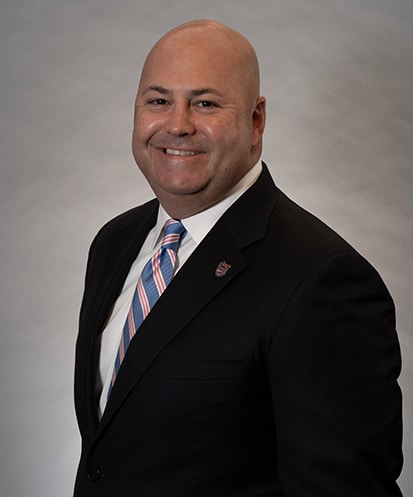Consult the Surgeon’s Scorecard Before You Go Under the Knife
 People tend to put a tremendous amount of blind trust in doctors. They are willing to allow them to cut them open to fix what is ailing them without knowing much at all about the doctors’ backgrounds, training and success rates with the kind of surgery they are about to perform. But now there is a way you can check up on your surgeon’s complication rate before you go into surgery.
People tend to put a tremendous amount of blind trust in doctors. They are willing to allow them to cut them open to fix what is ailing them without knowing much at all about the doctors’ backgrounds, training and success rates with the kind of surgery they are about to perform. But now there is a way you can check up on your surgeon’s complication rate before you go into surgery.
How to check on your surgeon before your surgery
Now there is a searchable database where the public can access complication rates for nearly 17,000 surgeons. Published by ProPublica, this database was created by analyzing Medicare billing records. It focuses on eight common elective surgeries and it examines how many patients suffered complications such as infections, blood clots or uncontrolled bleeding. Looking at the data between 2009 and 2013, there were 66,569 complications which cost taxpayers $645 million and resulted in the death of 3,045 patients.
The ProPublica database focuses on eight elective procedures including:
- Knee replacement
- Hip replacement
- Gallbladder removal, laparoscopic
- Lumbar spinal fusion, posterior technique
- Prostate resection
- Prostate removal
- Cervical (Neck) spinal fusion
The timing of the release of this tool is important because federal health officials are finding ways to incentivize hospitals to lower their infection and complication rates. In late 2014, Medicare penalized 721 hospitals that had high rates of preventable medical errors that cause patient harm. Hospitals with high rates of “hospital-acquired” conditions will have their Medicare payments reduced by one percent in fiscal year October 2014 through September 2015. The hospital-acquired conditions that Medicare is focusing on include:
- Central Line infections (CLABSIs)
- Catheter-associated urinary tract infections (CAUTIs)
- Serious Complications (injuries including blood clots, bed sores, falls, etc.)
Hospital errors are the third leading cause of death in the U.S.
Research conducted by the Leapfrog Group estimates that as many as 440,000 Americans die each year from preventable hospital errors, which ranks medical error as the third leading cause of death in the United States. This points out the need for patients to be vigilant about protecting themselves and their families from harm while they are in the hospital. Hospitals must also make the safety of their patients a top priority.
Mistakes happen often, but you can take some steps to protect yourself:
- Bring a list of all the medications you are taking and any know allergies to medication
- Ask your doctor questions and do not be shy about seeking a second opinion
- Choose a doctor who is experienced and has a good track record in the kind of procedure you need
- Ask about the medications that are being given to you
- Get doctor’s instructions in writing. If something is not clear, ask questions until you understand
- If you don’t see your health care provider wash their hands, ask them to do so
- Speak up and voice any concerns you have about any aspect of the care you are receiving
Consulting ProPublica’s surgeon database, learning about your doctor and taking your safety into your own hands are vital when you are preparing to go into the hospital. You are doing your part to protect yourself from medical errors.

Christopher T. Nace works in all practice areas of the firm, including medical malpractice, birth injury, drug and product liability, motor vehicle accidents, wrongful death, and other negligence and personal injury matters.
Read more about Christopher T. Nace.
